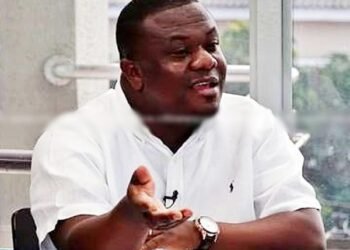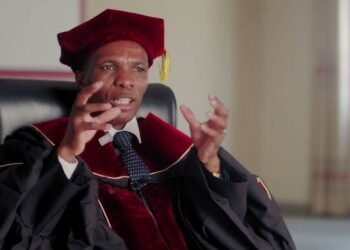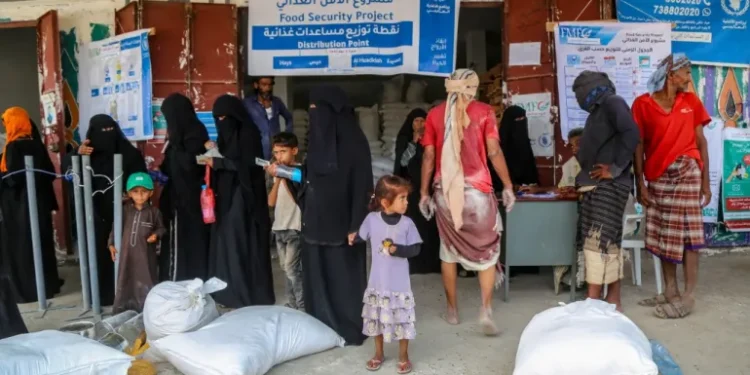Mr. Dennis Asare, Research Consultant at IMANI Ghana, says investing in renewable energy in the country comes with a lot of risk because our markets are not all that developed when it comes to renewables.
Speaking during a discussion, Mr Asare explained that although renewable energy will be one of the surest ways to ensure easy and affordable ways for everyone to get access to electricity, it will be difficult looking at the way our rural population are dispersed, especially for a plan to be drawn for grid connection to every area.
“Meanwhile, with renewable energy, you can do off-grid and even if you do on-grid, you can do community-based on-grid solutions and all of that. But because with renewables, our markets are not all that well developed, there are a lot of risk in investing in renewable energy within the country.”
He then revealed that, if Ghana is to extend renewable access to the communities looking at the renewable energy master plan, Ghana according to estimates will need almost USD$460 million every year to invest in renewables, so that in the space of ten years, renewable energy can be accelerated in our generation mix from 43 Megawatts to about 1,300 Megawatts.

He added that, it is estimated the renewable energy masterplan will be almost USD$5.6 billion to actually and effectively implement and government cannot find money to do this because, the energy sector is already saddled with a lot of debt and a lot of challenges.
Mr. Asare further revealed that, another reason for why investing in renewable energy is risky is due to the lack of technological capacity in the country.
He then said that, no private investor will build renewable energy plants in areas where there is less economic activity.
“You created ESLA but the problems that led to ESLA are still there, we are not resolving them, there are no transparency in tariffs competition and tariff development. So, if you want to drive this renewable energy through private sector investment, if you look at the renewable energy masterplan, the centre of It, is to drive it through private sector capital. So, the manifestos should rather think about, how to create these areas to be economically active, so that if I they are seeking investors to go and build renewable plant, it will be very attractive.”
Touching on how possible it was for the NDC, as said in their manifesto, to work to achieve universal access by 2025, Mr Asare said it will be very difficult to achieve because, it has been established that, 30 per cent of the rural population do not have access to electricity, their allocations are dispersed so grid connectivity will be expensive which means that, if a direct grid connectivity is done and they cannot afford, they will in turn do subsidies. And when government cannot pay for the stock pile, the Energy Sector Levy Act (ESLA) will have to pay using their proceeds.























